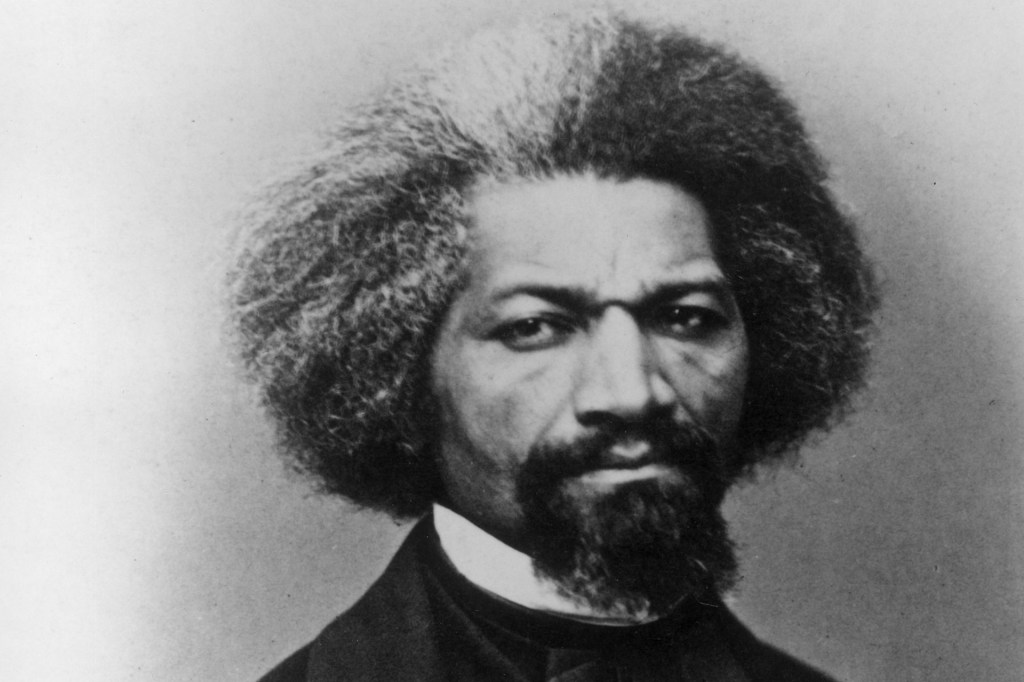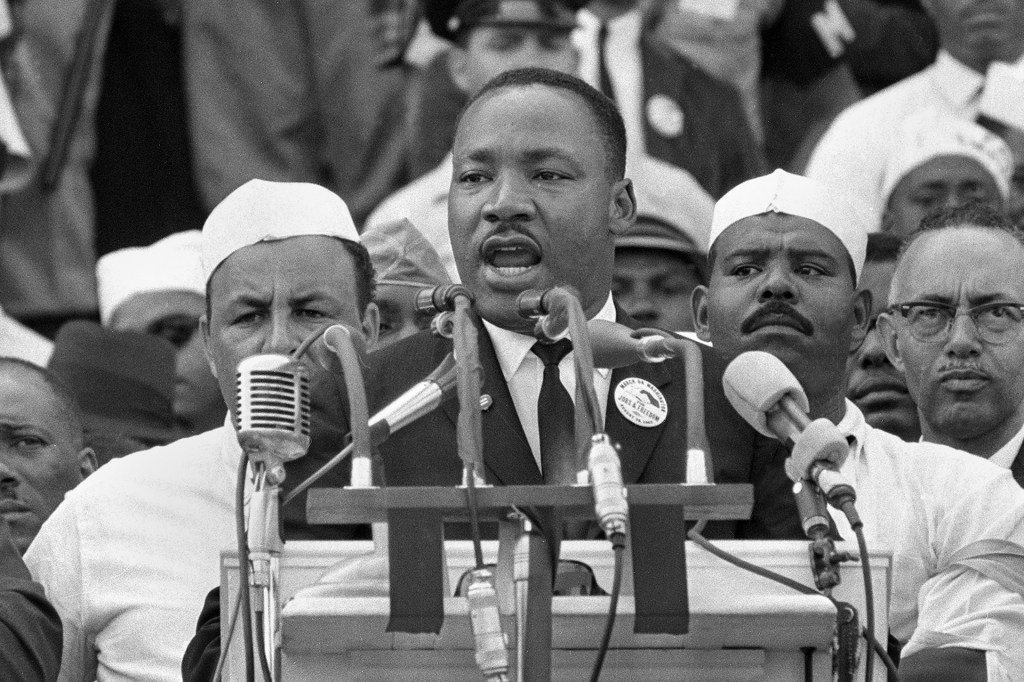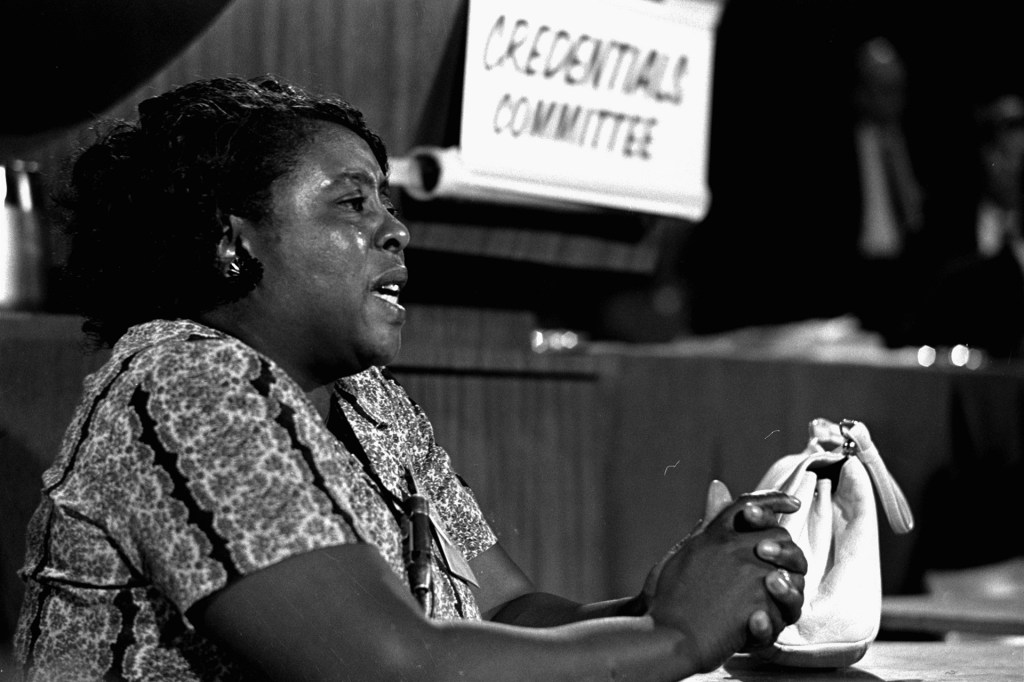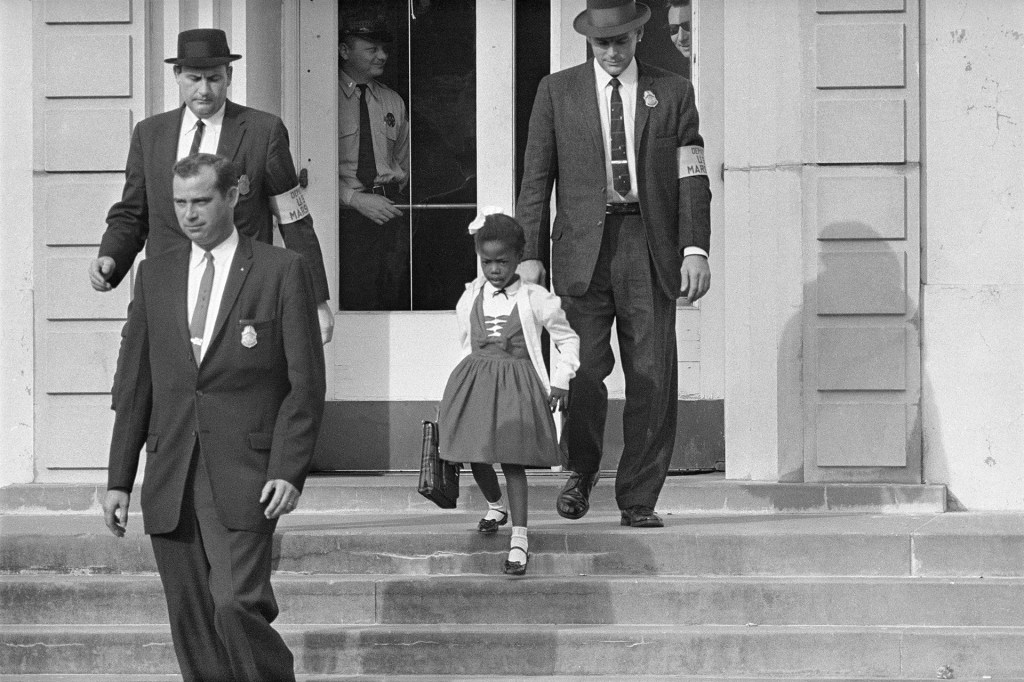Benjamin Franklin
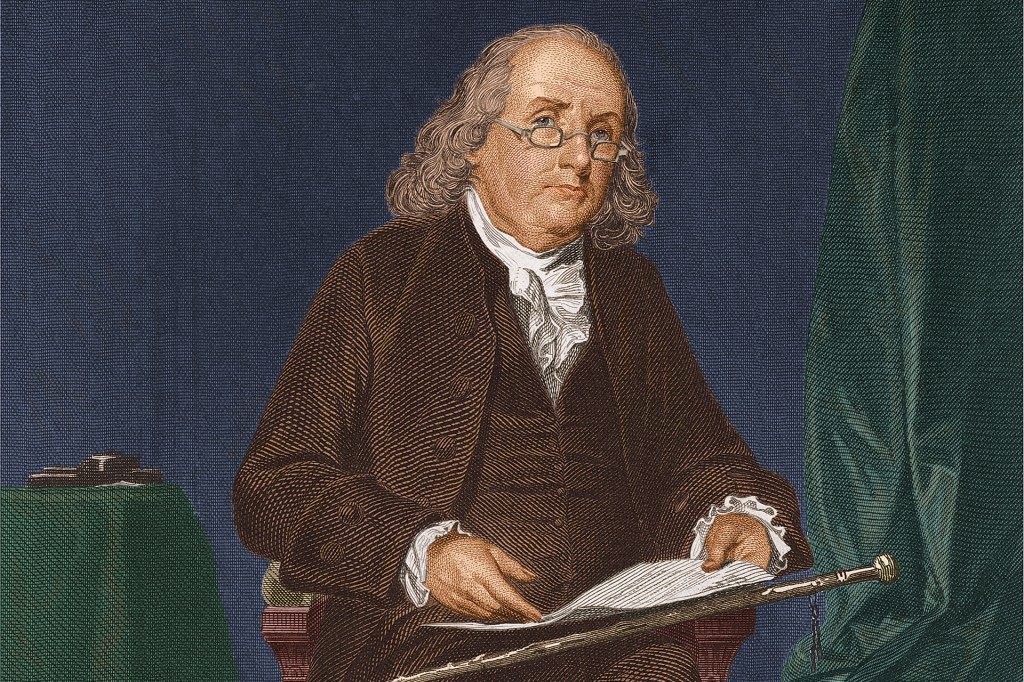
Benjamin Franklin (January 17, 1706—April 17, 1790) was a scientist, an inventor, a writer, and a statesman. He helped draft the Declaration of Independence and the U.S. Constitution.
Benjamin Franklin was born January 17, 1706, in Boston, Massachusetts. At the time, Boston was known as the Massachusetts Bay Colony. Franklin learned to read at a young age. But when he was 10 years old, his father, Josiah, pulled him out of school to work in the family soap and candle shop. By the time he was 12, Franklin had grown restless. He dreamed of becoming a sailor. His father disapproved of the idea. Recognizing the boy’s love of books and reading, he sent him to work as an apprentice in a print shop run by Benjamin’s older brother James.
From his brother, Franklin learned the newspaper business. At the time, type was set letter by letter. Printing was done by hand, on a printing press. The work gave Franklin a deep appreciation for the careful construction of sentences. He also developed a talent for writing subversive political commentary. He would write in the voice of a fictitious townswoman, Silence Dogood. James Franklin eventually learned that the Mrs. Dogood essays he’d been publishing in the New-England Courant were really Ben’s. He was not amused. He resented his younger brother’s writing. Frequently, he subjected him to beatings. So at 16, Franklin set off for New York. He would eventually settle in Philadelphia, Pennsylvania.

GRAPHICAARTIS/GETTY IMAGES
Benjamin Franklin and associates at Franklin's printing press.Ambition and Invention
Franklin gained a reputation around Philadelphia for being an enterprising young man. In 1728, he teamed up with a friend to open a print shop. Before long, Franklin was running the business by himself. He printed pamphlets and books for the government. Within a couple of years, the Pennsylvania Colony named him its official printer. In 1729, Franklin bought the Pennsylvania Gazette. Under his leadership, it became the most popular newspaper in the American colonies. Franklin was at the center of a communications revolution. Print media, such as pamphlets and newspapers, were the central means of spreading the ideas that would eventually bring about the American Revolution.
Franklin believed in the importance of an informed citizenry. Each week, he gathered a group of like-minded men to discuss philosophy, morals, and civic virtue. The group was nicknamed the Junto. Its members also shared books and started a subscription library.
Franklin’s success in publishing grew following the introduction of Poor Richard’s Almanack. It was issued yearly beginning in 1732. In the voice of Richard Saunders, Franklin offered weather forecasts, poetry, information on astronomy, and other amusements. The almanac was particularly famous for Franklin’s folksy proverbs. These included “No gains without pains” and “Early to bed, early to rise, makes a man healthy, wealthy, and wise.” The book sold an average of 10,000 copies a year.
By 1748, Franklin had become one of Pennsylvania’s wealthiest citizens. He retired from the printing business and devoted himself to scientific pursuits. His kite-and-key experiment of 1752 showed without a doubt that lighting was electricity. He invented the lightning rod and came up with scientific terms, including battery and electrify. He also invented bifocal eyeglasses and what is thought to have been the first rocking chair.
Founding Father
In 1751, Franklin was elected as a representative to the Pennsylvania Assembly. He was reelected every year until 1764. In 1765, tensions began to rise between the colonies and Britain after Parliament passed the Stamp Act. The act placed a tax on all materials printed for business and legal matters in the colonies. At the time, Franklin was living in London, England, as Pennsylvania’s agent. He appeared before Parliament to condemn the tax. This helped to bring about its repeal in 1766.
Franklin was elected to the Second Continental Congress in 1775. He had gained insight from his earlier dealings with British Parliament. It was partly based on his advice that Congress voted to separate the colonies from English rule in 1776. Franklin joined the committee to draft the Declaration of Independence. He made key changes to Thomas Jefferson’s first draft. He then traveled to France. There, he negotiated a treaty that would ensure France’s military and financial support for the fledgling United States of America. Franklin and his colleagues John Adams and John Jay negotiated the terms of peace with Britain, leading to the Treaty of Paris, in 1783. The treaty ended the American Revolutionary War and led to the establishment of the United States as an independent nation.
In 1787, Franklin represented the state of Pennsylvania at the Constitutional Convention, which drafted and ratified the U.S. Constitution. At 81, he was the oldest of the gathering’s 55 delegates. Later, Franklin was president of the Pennsylvania Society for Promoting the Abolition of Slavery. Though he once owned a slave, Franklin wrote to Congress in 1790, urging for the abolition of slavery in the U.S.
Franklin died on April 17, 1790, in Philadelphia, Pennsylvania. He was 84 years old. His memoirs were published the following year. Today they are known as The Autobiography of Benjamin Franklin.





